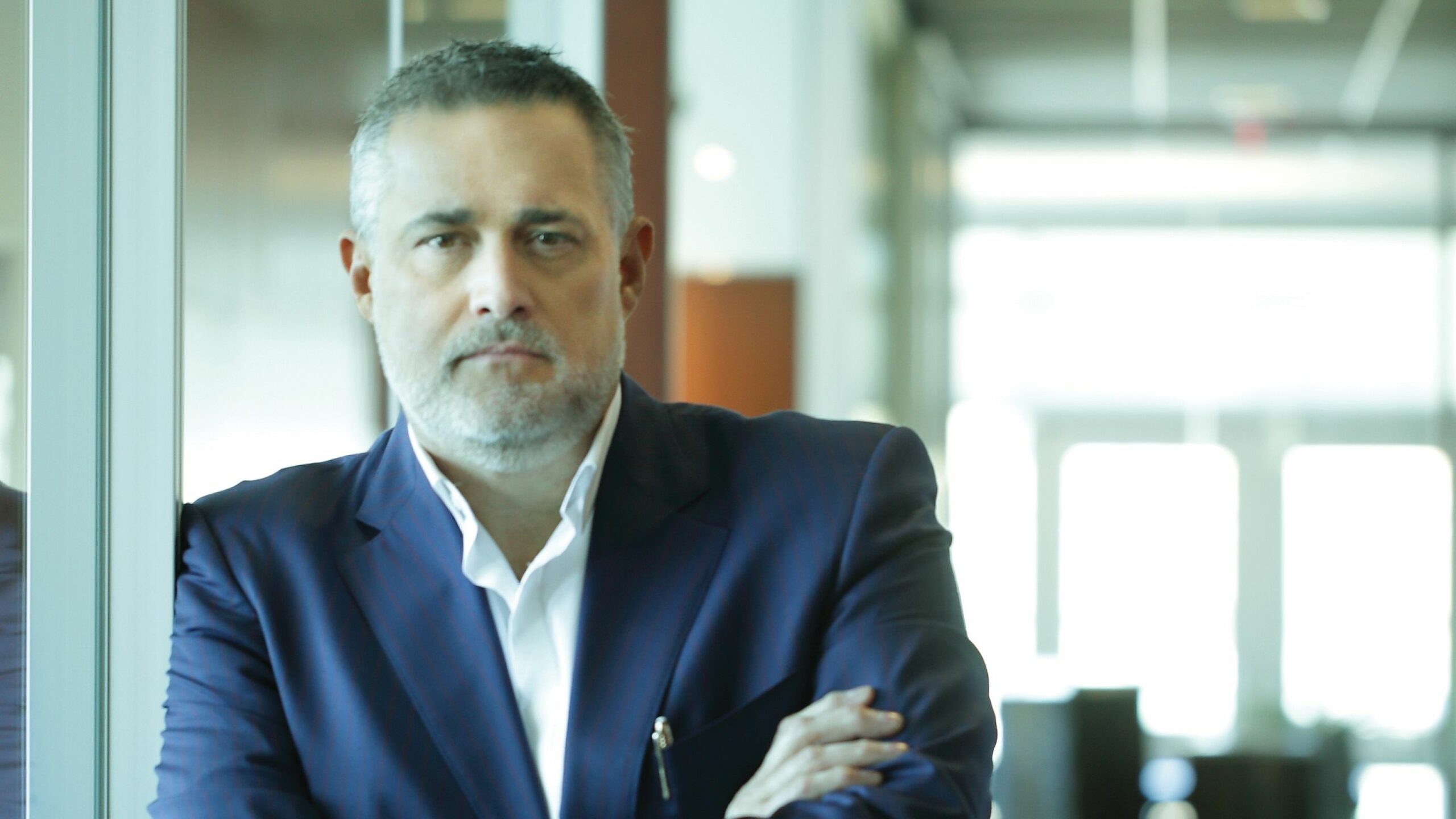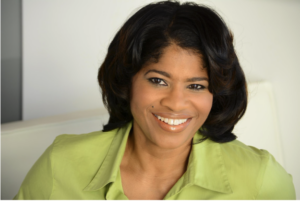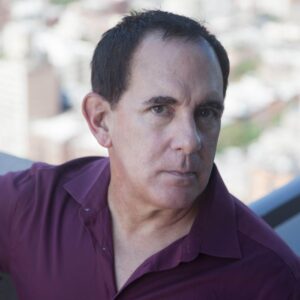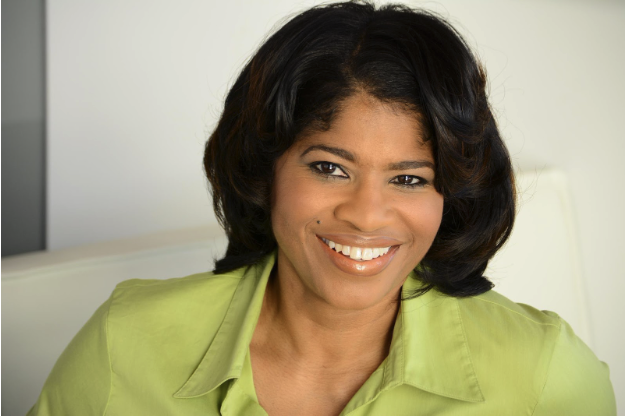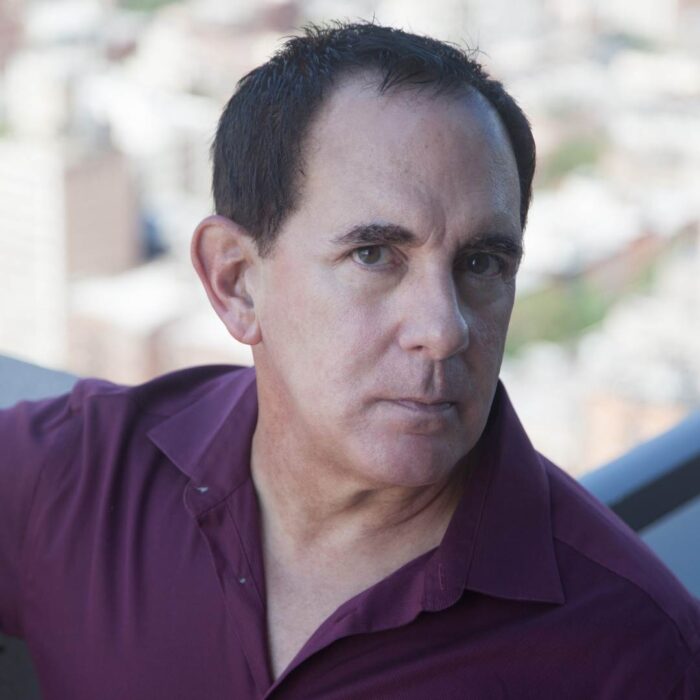An Interview with Kat Mische Elle
Jeffrey, what helped shape you into becoming the man you are today?
I was born to hard-working rural parents. My father was in the military; my mother was a bookkeeper.
My father was in the Air Force, so we moved all over the country. Every year I went to a different school, place, city, and state pretty much throughout my young life.
I didn’t have an opportunity to know my extended family because my parents were the youngest of their families with much older siblings. I missed getting to know the grandparents, aunts, and uncles. And then there was the challenge of connecting with the family because we lived away.
But when we visited, everybody wanted to see us and would rally around because the time would be brief. But that gave me a unique opportunity to make friends and connections quickly and authentically.
Eventually, I became a bit more gregarious in my upbringing in terms of feeling like I needed to put on the show. To grab the attention quickly and entirely because it would soon be gone.
From when I was about seven years old, I was always out making money doing something, whether it was a lawn mowing business, or stuffing mailboxes, which I used to do in the trailer park where I lived and grew up.
Because we always lived in mobile home parks, quite frankly, because the military didn’t have the money to fund a different lifestyle for us.
So, we pulled our home wherever we went and never lived on base housing. We always lived outside the base.
My mother became the bookkeeper for the mobile home parks while we resided there until she became a realtor.
But I always had businesses from the age a young kid into my adult years. I also became very involved in politics when I was about 14, which launched me into my public relations and government service career.
I ran for lieutenant governor when I was a senior in high school for the state of South Dakota.
I enjoyed doing things on a bigger scale and following it through.
After high school, I went to college at a small Lutheran School in Sioux Falls, South Dakota, because it was the most politically active school nearby.
What was fueling that drive to be part of your community?
By being in charge, I could control and orchestrate more of what I would like to have ahead of me. I wanted to lead more and decide where I would go and what I would do next.
I have always been competitive. I don’t care what it is, and I always want to win.
That drive in me began when I moved out of the house at 16 and then been on my own ever since. I have always been a bit of a loner. When I take those independent personality tests, I’m way off on the independent grid by myself. While at the same time, I love teamwork!
I’m very independent. I like to lead teams. It’s tough for me to participate unless I’m on the team. But I need to be the captain.
Do you feel that relocating so often in your younger years taught you how to be resourceful?
Yes. Regardless of where I go, that’s always my home from then and now. I travel a lot for work and never feel misplaced.
What led you into politics?
I went on to college, which led me into politics. I was very active in the US House and US Senate. I worked in the US House and US Senate, ran campaigns, and started my own PR Company.
From there, I began a television career as a primetime host on Bloomberg and C Suite TV. I am also a podcaster on CBS radio and C Suite Radio creating hundreds of shows that are part of our television and Podcast Network.
What keeps you courageously moving forward in your life for business?
I realize that I will not die for doing so by taking a chance and putting in the effort. Even if I fail, and I often fail, like many of us do, it’s just on the surface of the moment. If that moment occurs, it just means there’s a more significant success on the way that is out there. That’s the way I approach life. I’m very sure about myself. Some may say it’s bragging. But it’s not bragging if it’s true. I feel comfortable about how I get that done in the skin I wear. Some people might look at that as being bodacious or bigger than necessary. But that’s part of who I am.
Is self-belief where dreams and success come to materialize?
Yes.
Can you remember a poignant moment that took you to your next level of success?
Without question, it was becoming the CMO of a Fortune 100 company, one of the most iconic brands in the world. When I had that opportunity, it almost didn’t happen because I first turned it down.
When I was offered the position, it didn’t have the specific attributes to the job that would make it interesting for me. They didn’t want me to have a strategy at first. It was a political thing internally. I told them that if they couldn’t allow me to apply a strategy, I would not come to the company. So, the next day, they offered me the job, and I signed on.
It was a pivotal time where it was not about the big stuff. It was about the little things. It’s around what I call conditions of satisfaction.
If it’s not fun to my satisfaction in my career and life, then I don’t want to do it.
Forbes once described me as a global business celebrity because I started elevating businesspeople because of how I used media. That I was always on television, radio, and podcasts promoting my company. And by promoting a company, your brand, you are promoting yourself. In my opinion, a brand is nothing but a promise and a commitment delivered. It is an excellent way to think about how we stand for ourselves. What do we want to be known for, and what do we want our companies to be known for or represent?
What advice would you offer to someone who is business focused?
Create a balance. Life isn’t good if it’s not balanced. I know I am a workaholic. But I also stay strong in keeping tabs on that centered place in myself.
You must have a balance in your spirit, a balance in your family life, a balance in your friendships, a balance in your heart and your health.
If one is off, you are going to be out of whack. All the self-sacrificing for all the things you want to do, you have to remember that if you’re dead, it doesn’t help you, and you don’t reap the rewards. And the rewards also go far beyond money.
What are the best things you could do in your life now?
The best thing I can do in my life is, be the best grandparent I can be.
I found that to be successful in the business world, there are things you do give up.
I didn’t make as many ball games as I should have had with my children. I didn’t do all the things I should probably have done. I look back on my life and see what I could have done better.
I didn’t get to imprint with my children as much as I should have. Now I have grandkids, and I am in a place now where I know I can do more. So, I’m trying my best to be that kind of person.
What favorite words do you have for motivation?
Yes, Shakespeare. “Cry havoc and let loose the dogs of war.” I love that quote. I know it has another meaning, but for me, it says a lot about how we should go about life. Just let loose the dogs of war, whatever the dogs of war are, and have fun, compete aggressively if you need to compete to win. I think you should do that with love, life, spirit, and everything.
Jeffrey, who inspires you?
People that no one knows. Incredible ordinary people. Fred Penson was a plumber that hired me at 14 to be a plumber’s assistant.
Sergeant Jones was my baseball coach and a Marine gunner during the Vietnam war. When my dad was in Vietnam, he and his wife made sure I didn’t get into trouble and did amazing supportive things for me that I can’t even believe.
And Michael Connor. He showed me how to do a Z out on a cash register and run a business and taught me some basic principles.
They’re just ordinary great people who are giants in what they did for my life.
What is the best way for people to find you?
Social media via Facebook and Twitter are primarily my modes of communication. I am also on LinkedIn and Instagram.

